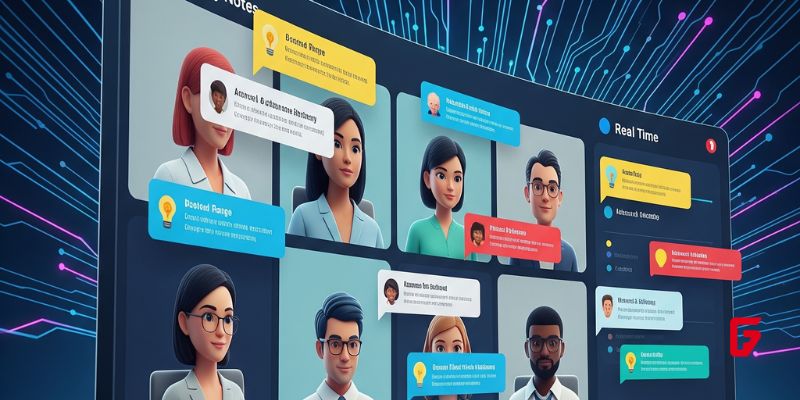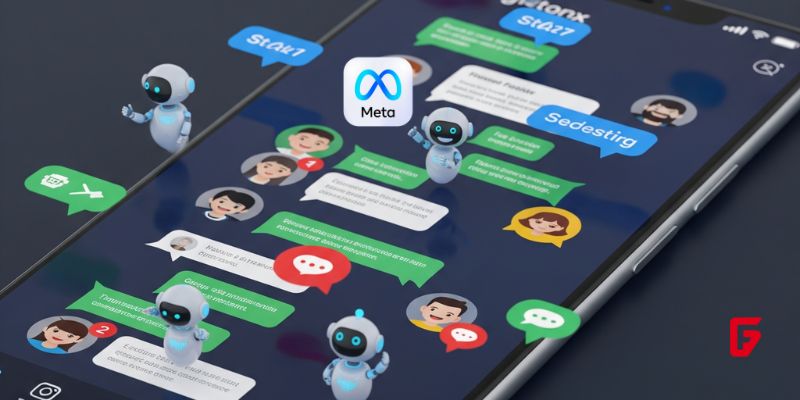
By futureTEKnow | Editorial Team
Mental health is an integral aspect of our overall well-being, encompassing our emotional, psychological, and social states. It shapes our thoughts, feelings, and actions, influencing how we cope with stress, connect with others, and make choices.
True mental health extends beyond merely the absence of mental disorders; it represents a state of equilibrium and satisfaction that empowers individuals to lead rewarding lives, foster meaningful connections, and reach their highest potential.
These statistics underscore the global burden of mental health disorders and the critical need for enhanced mental health services and interventions.
This staggering statistic reveals the massive scale of mental health challenges, demonstrating that mental disorders impact nearly half a billion individuals globally. The widespread nature of these conditions underscores the critical need for comprehensive mental health awareness and support systems.
A shocking insight into human psychological vulnerability, this statistic indicates that one out of every two people will experience a mental health disorder during their lifetime. This highlights the importance of understanding, destigmatizing, and proactively addressing mental health issues.
Focusing on the 5-24 age group, this statistic reveals the significant mental health challenges facing younger generations. It emphasizes the urgent need for early intervention, mental health education, and support systems tailored to youth.
This statistic demonstrates that nearly one in five people worldwide experiences a mental disorder within a 12-month period. It underscores the persistent and widespread nature of mental health challenges across different populations and regions.
With 264 million people impacted, depression represents a significant global mental health challenge. This statistic emphasizes the widespread nature of depressive disorders and the importance of comprehensive mental health care and support.
AI can manage vast datasets and analyze intricate patterns and relationships. In mental healthcare, where deciphering complex human behaviors and emotions is critical, AI has the potential to revolutionize the field. Here are some ways artificial intelligence is being used in mental health:
AI algorithms analyze various data sources, including social media posts, speech patterns, and digital interactions, to identify early signs of mental health issues such as depression or anxiety.
AI systems process data from electronic health records, brain imaging, and genetic tests to create tailored treatment plans for individuals, improving the efficacy of interventions.
AI-powered virtual assistants provide round-the-clock support, offering cognitive behavioral therapy techniques, mindfulness exercises, and crisis intervention when human therapists are unavailable.
Machine learning algorithms are used to predict treatment responses, potentially avoiding ineffective medication trials or time-consuming therapies.
AI-based systems assist in recognizing mental health concerns earlier, enabling quicker action plans and reducing the chances of extreme episodes.
AI-driven tools make mental health support more accessible, especially in areas with limited access to traditional care, by providing virtual environments for interventions.
AI helps clinicians make better use of their time with patients by analyzing large amounts of data quickly, aiding in more accurate diagnoses and treatment planning
The transformative impact of AI on mental health is undeniable, as evidenced by the groundbreaking work of the 15 leading companies highlighted in this article. These pioneers are not only revolutionizing the way we understand and treat mental health conditions but also making these innovations more accessible and personalized than ever before. As AI continues to evolve, the potential for further advancements in mental health care seems limitless.
But with such rapid advancements, one must ask: How will the integration of AI in mental health shape our future society, and are we ready to embrace the ethical and practical implications of this revolution?
The answers to these questions will undoubtedly unfold in the years to come, but one thing remains clear: the synergy between AI and mental health holds the promise of a brighter, healthier future for all.
futureTEKnow is a leading source for Technology, Startups, and Business News, spotlighting the most innovative companies and breakthrough trends in emerging tech sectors like Artificial Intelligence (AI), immersive technologies (XR), robotics, and the space industry. Since 2018, futureTEKnow has evolved from a social media platform into a comprehensive global database and news hub, delivering insightful content that connects entrepreneurs, investors, and industry professionals with the latest advancements shaping the future of business and technology.

Block3 introduces a prompt-to-game AI engine, enabling users to create and own Web3 games and assets with generative AI and blockchain integration.

Groq expands into Europe with a new Helsinki data center, bringing low-latency AI inference, sustainable energy, and compliance for European enterprises.

Mozart AI launches a next-gen digital audio workstation, empowering artists with AI co-production, natural language commands, and creative control.

Chatlyn lands €8M to build the industry’s first AI-powered visual webchat, unifying hotel guest communications and streamlining bookings with advanced automation.

Paris-based Massive Dynamic has raised €3M to accelerate AI-driven automation in digital marketing, enhancing campaign efficiency and analytics for brands.

Discover if Surge AI can maintain its market edge amid automation and competition. Learn about its strengths, challenges, and future in data labeling.

You.com raises $50M Series B to launch its AI productivity engine, redefining search for knowledge workers and enterprises.

Throne’s AI-powered toilet device uses computer vision to analyze gut health at home, offering privacy-focused, real-time health insights and early detection.

Wisq secures $15M and introduces HRLM, the first AI language model designed for HR, promising smarter, faster, and more human HR operations.

Cluely’s ARR skyrocketed to $7 million in a week after launching its enterprise AI notetaker, but open-source competitors like Glass are quickly gaining ground.

Meta is testing AI chatbots that message users first, changing how we interact on Instagram, WhatsApp, and Messenger.

Deeto’s $12.5M Series A funding fuels its AI-native platform, redefining the B2B buyer journey through authentic customer-led growth and smarter sales enablement.
futureTEKnow is focused on identifying and promoting creators, disruptors and innovators, and serving as a vital resource for those interested in the latest advancements in technology.
© 2025 All Rights Reserved.
To provide the best experiences, we use technologies like cookies to store and/or access device information. Consenting to these technologies will allow us to process data such as browsing behavior or unique IDs on this site. Thanks for visiting futureTEKnow.